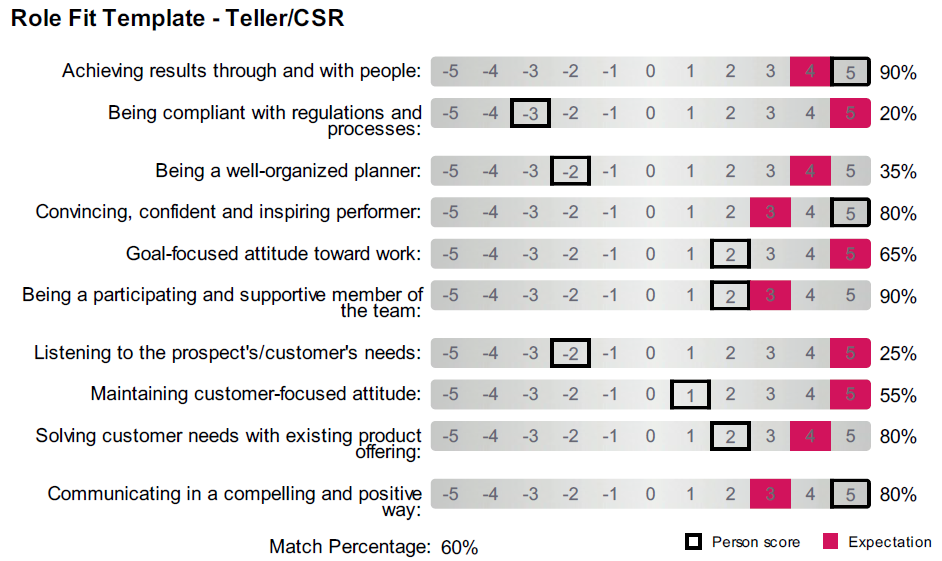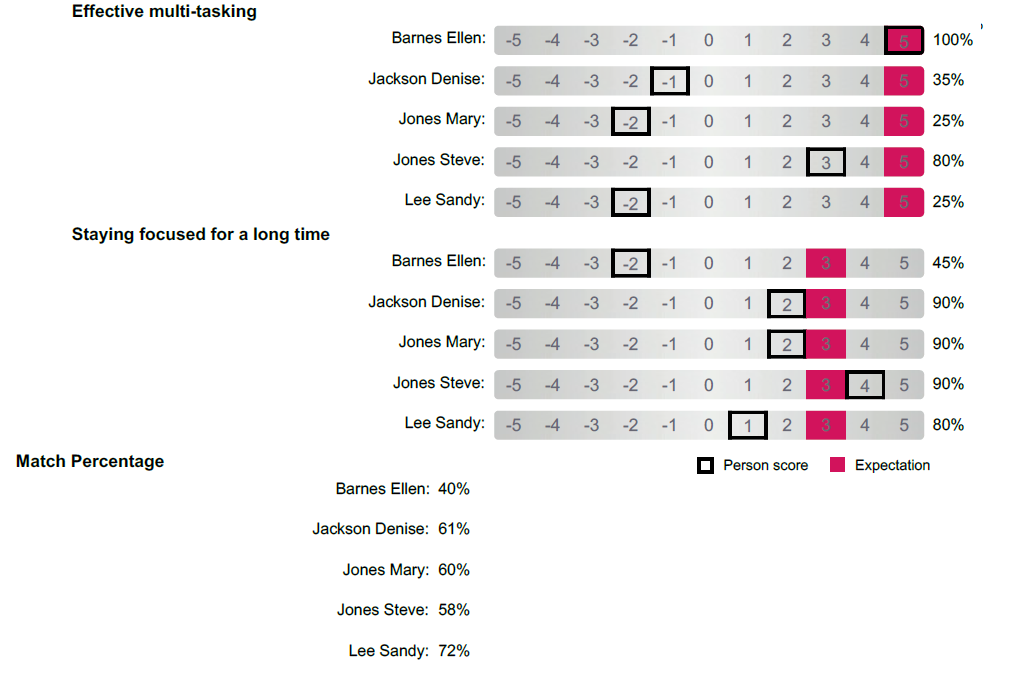Setting the scene
Your home renovation requires outside help. Your goal is to hire the skills that are most important to your project. If painting is your top priority then the guy who is most handy with the paint brush would get the nod – other things being equal.
Similar thinking is applied to hiring processes in organizations. Jobs have different “personalities”. Guidance Counselors and Majors in a war zone are expected to exhibit different behavioural patterns. One is expected to listen at lot more than they instruct.
As another group of graduates are entering the job market, the Job Interview takes on more relevance. Some candidates seek coaching to ace interviews. I have been invited to share tips on national radio.
Meanwhile, employers face the challenge of trying to make the right choices and are concerned about how identify the “real” person that will show up for work.
How much of what takes place in the interview is genuine?
Role Fit is the Employer’s Goal
Each job relies on certain behavioural approaches to achieve best results. Like handy-men, while we may use a variety of behavioural tools, we tend to be more comfortable using some than others. Some behaviours require more energy from us. We can perform them but they wear us out more quickly than others. You come alive as an MC but nod off when double-checking statistical tables.
High quality behavioural analysis (psychometric testing) can assist organizations in aligning jobs with individuals who are more comfortable exhibiting the desired behaviours.
The recommendation is not to use behavioural analysis as the sole criterion for selection. However, sophisticated analyses provide important insights into areas in which applicants will need more or less energy to get given tasks done.
One of the great benefits of psychometric assessment is the fact that it provides employers with a guide as to how to get best results from new hires. It can take months of trial and error until a new hire finally settles in and performs at their best. A sophisticated behavioural profile equips employers and new hires with information to enhance performance from the first day at work.
The reports serve as a powerful user manual for employer and employee! They are of great value in guiding behaviour modification – a compass that directs the pathways to success.
Fear of Faking Freaks out Some
There is a suggestion that psychometric testing should not be used in the recruitment process because candidates are more likely to lie at that time than at any other period of their association with the organization.
If a high percentage of an organization’s applicants feel disposed to lie then avoiding the use of psychometric tests is hardly the answer to a much bigger problem.
Applicants who try to cheat on their psychometric tests are also likely to lie in the interview and with their documentation. The great news is that there are assessment instruments that structure their questionnaires in such a way as to make cheating a high risk adventure. This kind of assessment has a high degree of success in ensuring that the person you hire is the one that shows up at work.
Psychometric testing adds more value
There is another important consideration.
Best practice in performance coaching advises individuals to adopt certain “roles” that are best suited to achieving desired results in given situations. “Act as if…” becomes the key philosophy. Your domestic issues should not be manifested at work. Act as if all is well.
This kind of role playing is a key to successful performance on the job! Organizations expend much effort in getting team members to play appropriate roles when at work.
What does this mean?
Organizations that use psychometric testing as an aid in the recruitment process are likely to select individuals who are more comfortable displaying the behavioural preferences that are desired in the role. There is also greater clarity for both employer and employee as to the nature of the desired behaviours.
Job seekers are also well advised to seek roles that suit their behavioural styles.
The Ideal Profile is an effective and powerful tool that can be developed by collecting and combining the opinions of key players in an organization about the behavioural competencies that are required to effectively perform a particular job. Alternatively, Extended DISC®/ FinxS® experts will create the Ideal Profile based on the Job Description that is provided.
Reasoning And Capabilities Testing
The fit-for-purpose, future-ready, resilient workforce will require new skill sets. There is a critical need to add a new dimension to recruitment, selection and succession planning decisions. We have the answer to that dimension! – Skills, Aptitude & Abilities Testing At Your Fingertips!
This is a powerful addition to the armoury of psychometric assessments that provide guiderails for candidate selection and capacity development initiatives. When linked with Extended DISC© role fit assessments a comprehensive picture is made available.
Reasoning And Capabilities Testing is a set of psychological tests designed to measure the individual’s reasoning and capability in 9 skill areas.
Each test can be administered alone or in combination with any other test.
What are the 9 skill areas?

When to use Reasoning & Capabilities Testing?
FinxS® Reasoning Analysis is most often used in situations that require measuring a person’s future development potential as one additional factor influencing it.
Typical application situations are:
Organizations that fail to use sophisticated behavioural assessment tools are left to rely on intuition and periods of feeling out new hires before creating the conditions that maximize performance.
Find out how the Extended DISC® Role Fit Candidate Screening with Cognitive Ability Tests can help to successfully select, engage and retain your top talent.
Send us an email for no cost online consultation/demo: info@extendeddiscsolutions.org





